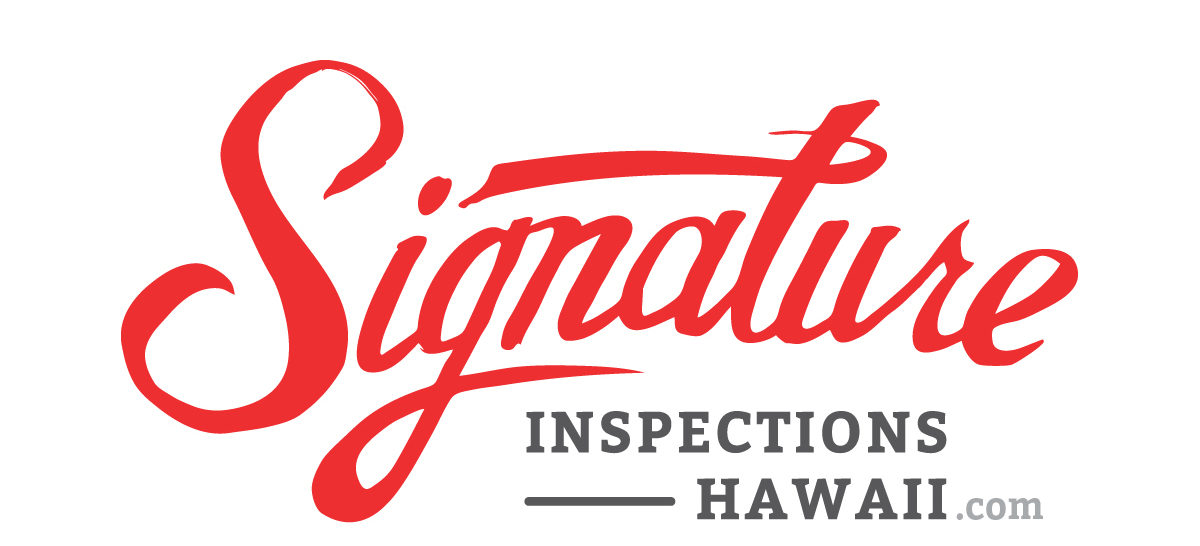You probably don’t think much about the network of water and sewer pipes inside your walls that deliver your hot and cold water — and eliminate your waste — on demand. Plus, caring for your pipes so they’ll last longer — and prevent a costly plumbing disaster later.
AKA: Giving your plumbing a little regular attention can prolong its life, prevent leaks, and avoid costly repairs. Here’s how to care for the pipes in your house.
Avoid Chemical Drain-Clearing Products
Clogged drains are the most common home plumbing problem, and you can buy chemicals to clear them. But these products sometimes do more harm than good. They can actually erode cast-iron drainpipes.
And because they typically don’t remove the entire clog, the problem is likely to recur, causing you use the chemicals repeatedly. “Each time, they’ll eat away at the pipes a little more,” says Passaic, N.J. plumber Joseph Gove. “Soon, you’re going to get leaks.”
Better to hire a plumber to snake the drain (usually $75 to $150) and completely remove the chunk of hair or grease that’s plugging the line. Or you can pick up a snake of your own, for around $20 at the hardware store, and try clearing the drain yourself.
Prevent Future Clogging
Clogs aren’t just nuisances. Backed-up water puts added pressure on your wastepipes, stressing them and shortening their lifespan. So avoid plug-ups by watching what goes down your drains. That means keeping food scraps out of kitchen drains, hair out of bathroom drains, and anything but sewage and toilet paper out of toilets.
Install screens over drains in showers and tubs, and pull out what hair you can every few weeks to prevent buildups. Scrape food into the trash before doing dishes—even if you have a disposal—and never put liquid grease down the drain; pour it into a sealable container to put in the garbage after it cools.
“Grease is only liquid when it’s hot,” Gove says. “When you pour it down the drain, it cools and becomes solid. Do that enough, and just like a clogged artery, your drains won’t work anymore.”
Reduce the Pressure
As nice as high water pressure can be when you’re taking a shower or filling a stockpot, it stresses your pipes, increasing the likelihood of a leak. “That drastically reduces the life of your plumbing,” says Phoenix, Ariz., plumber Alex Sarandos. “It makes your pipe joints, faucets, and appliance valves work harder.”
You can measure your water pressure with a hose bib gauge, available at the hardware store for under $10. Attach it to an outside spigot and open the line. Normal pressure will register between 40 and 85 psi. If it’s above that range, consider hiring a plumber to install a pressure reducer (around $400).
By the way, adding a low-flow showerhead won’t affect pressure in the pipes. It only affects the amount of water coming out of the showerhead itself.
Other Ways to Avoid Trouble
1. Learn where your home’s main water shut-off valve is—so if there’s ever a leak, you can go straight there and quickly turn off the water to the entire house.
2. Remove hoses from outdoor spigots in winter to prevent frozen water from cracking the pipes and causing a flood.
3. Add pipe insulation to the plumbing in cold parts of your house—such as garages, basements, and crawl spaces—to avoid frozen pipes (and to shorten the wait for hot water).
4. Never use an exposed pipe as a hanger rod for laundry. Doing so can loosen joints and fasteners.
5. Fix problems quickly. Even small leaks can make pipes corrode more quickly, and cause significant water damage or mold.
Signature Inspections Hawaii, LLC, is FULLY Insured & “NATIONALLY CERTIFIED” Also requiring inspectors to continue their education through accredited courses, conferences, online learning, etc… and annual Inspector Certificate Testing in order to hold a current certificate.
Contact Us Today || Book You Inspection Now
808.388.3425

